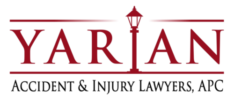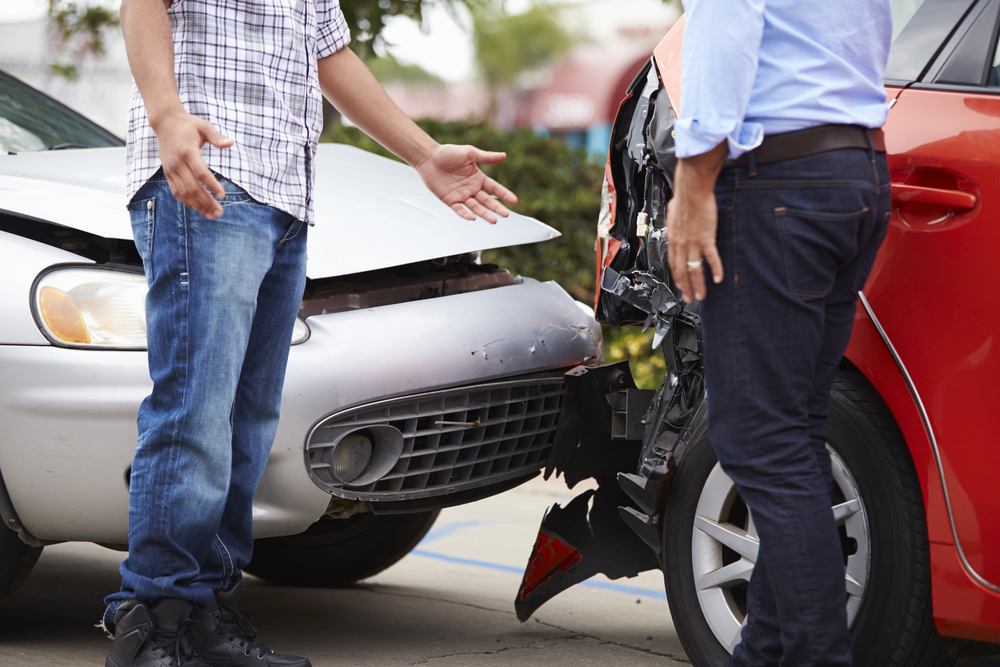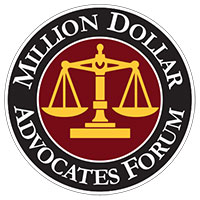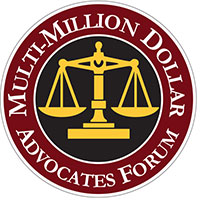Avoid These Top 7 Mistakes after a Car Accident
It may be difficult to think clearly in the immediate aftermath of a car accident. If the accident is a relatively minor one, you may be angry, agitated, concerned about damage to your vehicle, and focused on managing the plans the accident interrupted. If the accident is a serious one, you may be confused, in severe pain, perhaps even incapacitated. In either case, the traumatic nature of a car crash and the fact that an automobile accident is a rare occurrence for most people often lead car accident victims to make serious mistakes.
While an experience like a motor vehicle accident can jar even the most logical of minds, knowing in advance where people usually go wrong after an accident can help you avoid the mistakes that may do the most harm.
Mistake # 1: Failing to Report the Accident
A California car accident should be reported to both the appropriate police agency and the California Department of Motor Vehicles (DMV). If someone was killed or injured in the accident or property damage exceeds $1,000, the driver is required by law to complete a Traffic Accident Report (SR 1). Failure to submit this report can result in a driver’s license suspension.
The law isn’t the only reason to promptly report an accident, though. The police report associated with the accident will play a key role in pursuing recovery for medical expenses, damage to the vehicle and other losses, whether through your own insurance company or an action against the other driver.
Mistake # 2: Not Gathering Information at the Scene
Documentation is the last thing on most people’s minds after a serious car accident, but the brief time in which the drivers are at the scene of the accident and nothing has been moved is often the best opportunity to collect evidence. Of course, you should not jeopardize your health to pursue evidence. However, if you are able to move around safely or there is another person present who can help you, it is in your best interest to collect as much information as possible. Some examples include:
• Insurance information and contact information for the other driver
• Photographs, is possible, of the scene before vehicles are moved
• Names and contact information for any witnesses to the accident
Mistake # 3: Taking Responsibility
A combination of survival instinct and social norm drives many people to apologize after a collision, whether or not they are at fault. It’s common for people at an accident site, upset after the crash and interacting with another driver who may be injured or distraught about the condition of his vehicle, to make statements such as, “I’m so sorry!” or even, “That was all my fault!”
Although this type of declaration may be uttered as the result of emotional upset and confusion, and may have no basis in fact, the statement may come back to haunt the driver in negotiations with the insurance company, or even at trial. A jury hearing that the driver accepted responsibility at the scene is likely to take him at his word, which could significantly reduce the amount of damages available, or even cost the injured driver his recovery.
Mistake # 4: Not Getting a Medical Evaluation or Medical Care
Often, the extent of an accident victim’s injuries is not immediately obvious. Symptoms of shock can mask pain, the confusion that often follows a trauma may be difficult to distinguish from confusion caused by a head injury, and some types of injuries worsen over a period of hours—or even days—after the crash. Since symptoms may not be serious right after the accident and many accident victims just want to go home and relax after a jarring experience, some opt out of medical evaluation.
This can be a serious mistake for two reasons. First, and most important, injuries that are not promptly identified and treated can worsen with time, turning a treatable injury into something far more serious. An accident victim who neglects his or her medical issues may end up with long-term symptoms and limitations. In some cases, ignoring a crash-related injury may even be fatal.
In addition, a person injured in a car accident who fails to seek medical attention may have difficulty later proving that his or her injuries were a result of the crash. Even if the victim’s personal injury attorney is able to establish a direct connection between the accident and the damages, the responsible party’s insurer may argue that the damages would have been less serious if the victim had pursued medical treatment immediately. If that argument succeeds, the damages awarded could be significantly reduced, and may be insufficient to cover medical expenses.
Mistake # 5: Taking Insurance Company Representatives at Their Word
The friendly insurance company representative who contacts you after a serious car accident is not your friend. It’s important to remember that, as the reassuring voice of someone who seems to have all the answers can be quite seductive after a serious injury. However, an insurance company employee’s job is to make money for the insurance company, and insurance companies make money by maximizing premiums and minimizing payouts. If the insurance company representative you’re chatting with does his or her job well, the insurance company will pay you less.
When an insurance company pushes for a quick settlement “to get you paid,” or “so we can get a check out to you right away,” it generally isn’t out of concern for your health or your financial situation. It’s because locking down a settlement quickly may prevent you from recovering for future medical expenses or damages you have not yet identified. Don’t put your financial stability and access to medical care at risk by relying on the word of an insurance company representative. Talk to an experienced local personal injury attorney.
Mistake # 6: Talking about Your Accident in Social Media
When your car accident case goes to trial, the other party’s attorney will be looking for any evidence that will call your version of events into question. Increasingly, rebuttal evidence is found in a party’s social media feed. Active social media users often turn to Facebook, Instagram, and other social outlets to share their stories after an event like a car accident. Of course, the story you tell casually to your friends may differ slightly from the one you tell the police and your attorney—even if you’re being completely honest. You don’t use the same terminology and precision to talk to your friends, and some people are inclined to make a story more dramatic and colorful in social media.
Innocent mistakes, careless word use, or a forgotten detail can come back to haunt you in the courtroom. And, the other party’s attorney will know this, so the availability of social media recitations may impact their willingness to settle. As a general rule, the less you say about your accident, the better off you’ll be.
Mistake # 7: Waiting Too Long to Talk to a Personal Injury Lawyer
After a serious car accident, a personal injury lawyer can be your best resource. An experienced car accident lawyer can help you avoid the pitfalls car accident victims face, and:
• Help you navigate the legal process
• Negotiate with the insurance company on your behalf
• Gather evidence and interview witnesses
• Try your case before a jury, if necessary
However, the longer you wait, the more difficult it may be to build a strong case for you. Evidence may be altered or destroyed, witnesses may become difficult to locate, memories fade. In short, less information will be available, and the information available may be less persuasive. The sooner you talk with an experienced personal injury lawyer after your car accident, the better equipped the attorney will be to fight for the best settlement or verdict possible in your case.










